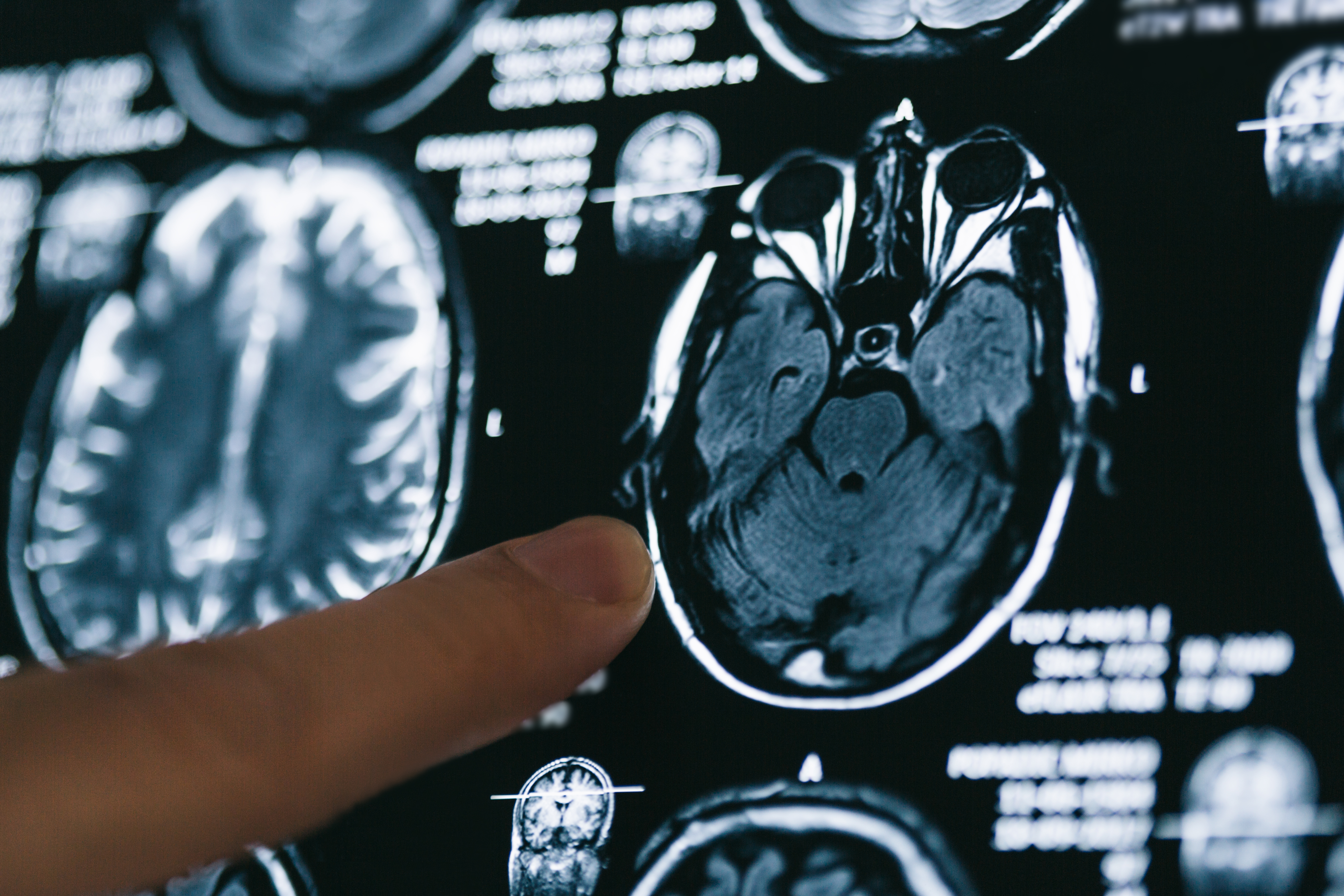Researchers successfully test Alzheimer's vaccine in mice

A free daily email with the biggest news stories of the day – and the best features from TheWeek.com
You are now subscribed
Your newsletter sign-up was successful
Alzheimer's disease is an illness of the brain that causes memory loss and other losses in cognitive function, as well as being responsible for over half of all dementia cases. Because there isn't a cure or treatment that can reverse the deterioration of mental function due to Alzheimer's, prevention is often people's best hope of not getting the disease. And now, researchers at the University of New Mexico are working on a preventative treatment in an unlikely form: a vaccine.
While usually vaccines target illnesses that are caused by invasive microorganisms like bacteria and viruses, this one actually targets a protein that is often found in the brains of Alzheimer's patients, reported KRQE, an affiliate of CBS. The protein, called "pathological tau," was successfully cleared by the antibodies in the vaccine when tested on mice with Alzheimer's.
To test the effectiveness of pathological tau's removal, the researchers put the mice through a series of "maze-like tests," in which the mice that received the vaccine did reliably better than those that didn't. But of course, there's still a long road between testing a vaccine on mice and getting it ready for humans.
The Week
Escape your echo chamber. Get the facts behind the news, plus analysis from multiple perspectives.

Sign up for The Week's Free Newsletters
From our morning news briefing to a weekly Good News Newsletter, get the best of The Week delivered directly to your inbox.
From our morning news briefing to a weekly Good News Newsletter, get the best of The Week delivered directly to your inbox.
The researchers, Kiran Bhaskar and Nicole Maphis, still need to secure funding in order to create a vaccine that could be tested in humans. And once that's complete, the FDA approval process could take an additional 5 years. But they're still pleased with the results of their initial study: "I really wanted to take this as a challenge," said Bhaskar, who has been working towards an Alzheimer's cure since 2013.
Read more at KRQE.
A free daily email with the biggest news stories of the day – and the best features from TheWeek.com
Shivani is the editorial assistant at TheWeek.com and has previously written for StreetEasy and Mic.com. A graduate of the physics and journalism departments at NYU, Shivani currently lives in Brooklyn and spends free time cooking, watching TV, and taking too many selfies.
-
 How the FCC’s ‘equal time’ rule works
How the FCC’s ‘equal time’ rule worksIn the Spotlight The law is at the heart of the Colbert-CBS conflict
-
 What is the endgame in the DHS shutdown?
What is the endgame in the DHS shutdown?Today’s Big Question Democrats want to rein in ICE’s immigration crackdown
-
 ‘Poor time management isn’t just an inconvenience’
‘Poor time management isn’t just an inconvenience’Instant Opinion Opinion, comment and editorials of the day
-
 Trump HHS slashes advised child vaccinations
Trump HHS slashes advised child vaccinationsSpeed Read In a widely condemned move, the CDC will now recommend that children get vaccinated against 11 communicable diseases, not 17
-
 FDA OKs generic abortion pill, riling the right
FDA OKs generic abortion pill, riling the rightSpeed Read The drug in question is a generic version of mifepristone, used to carry out two-thirds of US abortions
-
 RFK Jr. vaccine panel advises restricting MMRV shot
RFK Jr. vaccine panel advises restricting MMRV shotSpeed Read The committee voted to restrict access to a childhood vaccine against chickenpox
-
 Texas declares end to measles outbreak
Texas declares end to measles outbreakSpeed Read The vaccine-preventable disease is still spreading in neighboring states, Mexico and Canada
-
 RFK Jr. shuts down mRNA vaccine funding at agency
RFK Jr. shuts down mRNA vaccine funding at agencySpeed Read The decision canceled or modified 22 projects, primarily for work on vaccines and therapeutics for respiratory viruses
-
 Measles cases surge to 33-year high
Measles cases surge to 33-year highSpeed Read The infection was declared eliminated from the US in 2000 but has seen a resurgence amid vaccine hesitancy
-
 Kennedy's vaccine panel signals skepticism, change
Kennedy's vaccine panel signals skepticism, changeSpeed Read RFK Jr.'s new vaccine advisory board intends to make changes to the decades-old US immunization system
-
 Kennedy ousts entire CDC vaccine advisory panel
Kennedy ousts entire CDC vaccine advisory panelspeed read Health Secretary RFK Jr. is a longtime anti-vaccine activist who has criticized the panel of experts